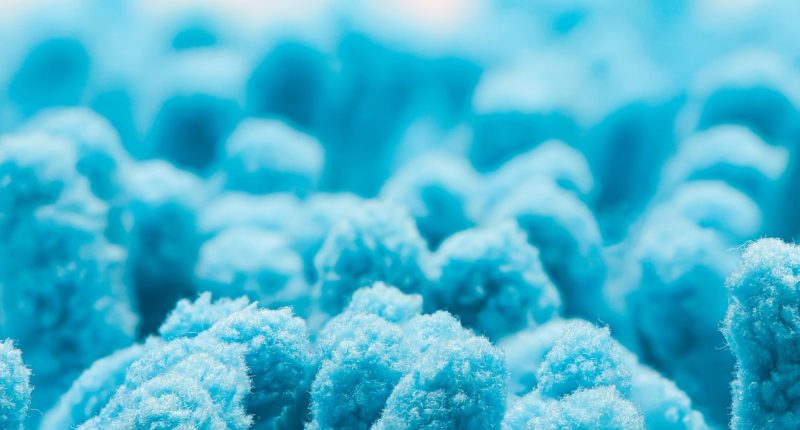Scientists who have discovered that children with autism have altered gut bacteria say their findings could see stool sample testing being used to help cut the waiting times for a diagnosis.
With some children having to wait up to four years to be diagnosed with autism, experts have hailed the new findings as “exciting” in light of the huge backlogs to see a specialist.
Usually, a diagnosis comes after a psychologist and psychiatrist has spent time observing a child.
- Gut bacteria shapes how you cope with stress, research suggests
- Resilient people have improved cognition and healthy gut microbiome
- Autism and ADHD can be caused by early gut microbiota disturbances
Autism can affect how people communicate and interact with others and can make it difficult for someone to understand how others feel. People with autism may also find new situations stressful, may display repetitive behaviour and they might find loud noises or bright lights overwhelming.
There are around 700,000 adults and children with autism in the UK.
Researchers in Hong Kong tested stool samples from just over 1,600 children aged between one and 13, made up of children with or without autism spectrum disorder (ASD).
They discovered that several different elements of the microbiome – which includes bacteria, fungi, and viruses – were altered in those children with ASD.
Dr Elizabeth Lund is a consultant in nutrition and gastrointestinal health. She was not involved in the research but said: “The idea that analysis of stool samples may aid in diagnosis is very exciting, as currently there is a massive backlog in children and adults waiting to be assessed.
“The current process is very lengthy and there is a shortage of clinicians such as psychologists and psychiatrists trained to carry out a proper diagnosis.
“The researchers quite rightly point out that this data cannot say whether the different microbiome causes ASD or whether differences in the diet, or other environmental factors, associated with children with ASD lead to the observed differences.
“However, in my opinion, dietary preferences in people with ASD are so diverse they are unlikely to cause a consistent difference in the gut microbiome.”
- Meditation associated with good gut health
- Food preservatives wipe out protective bacteria in gut
- Small changes in sleep patterns linked to harmful gut bacteria
Professor Bhismadev Chakrabarti is a research director of the Centre for Autism at the University of Reading.
Professor Chakrabarti, who did not take part in the research, said the study is “exciting” because “it opens up the possibility of investigating specific biochemical pathways and their impact on different autistic features.”
He went on to say: “It could also provide new ways of detecting autism, if microbial markers turn out to strengthen the ability of genetic and behavioural tests to detect autism.
“A future platform that can combine genetic, microbial, and simple behavioural assessments could help address the detection gap.
“With the results of this study, the lens through which we view microbiota within autism has definitely broadened.”




